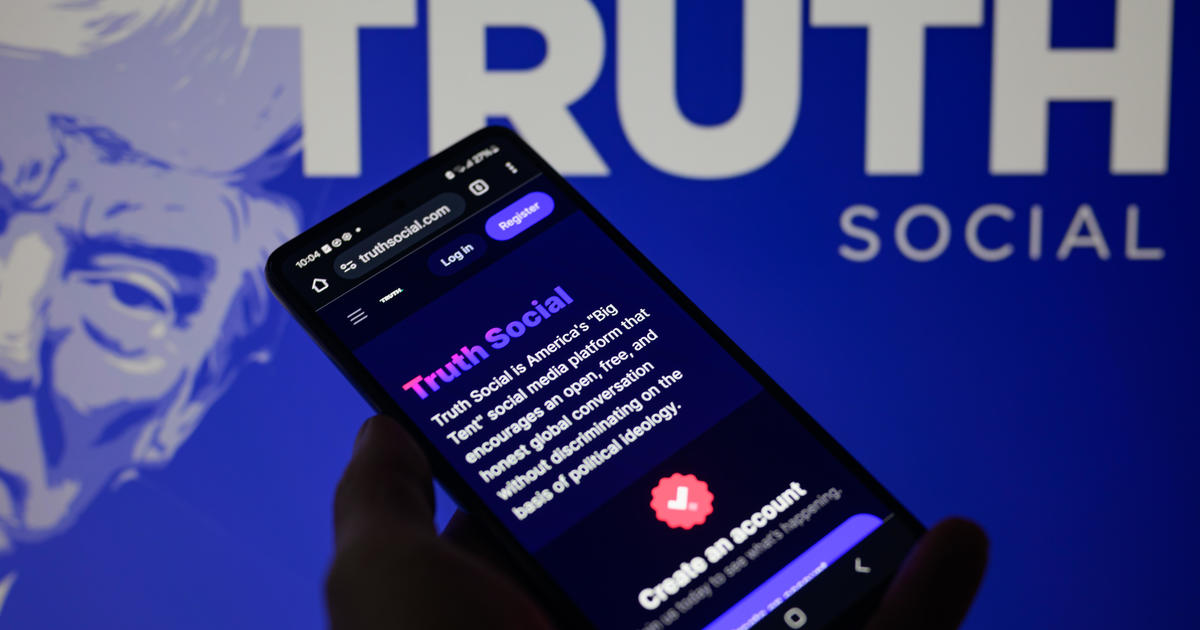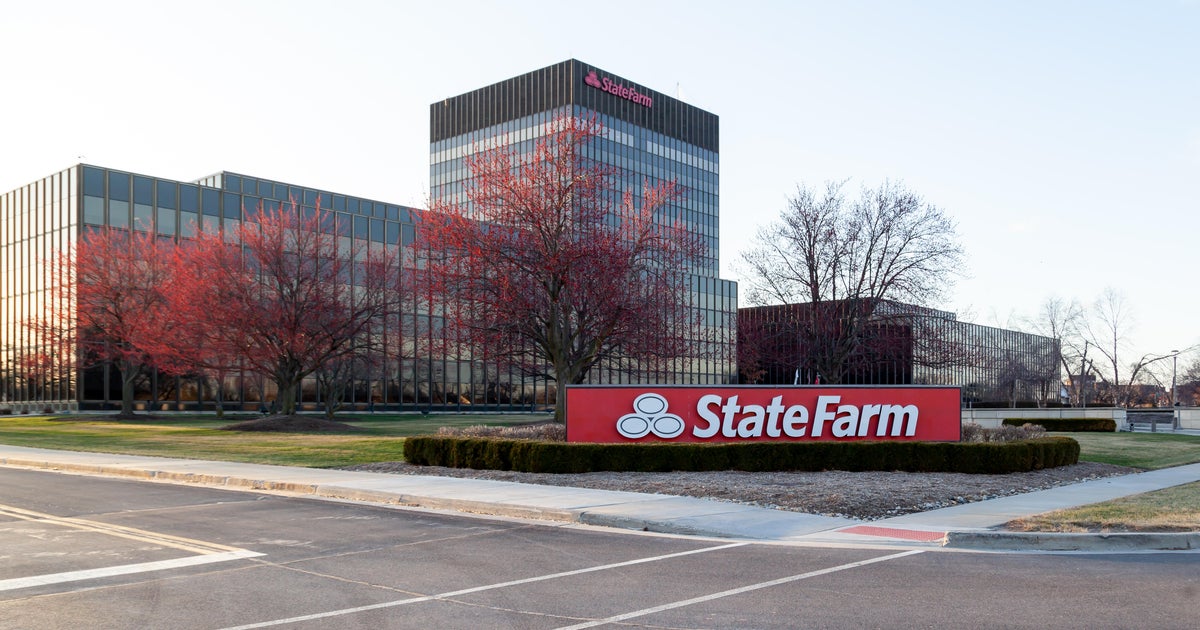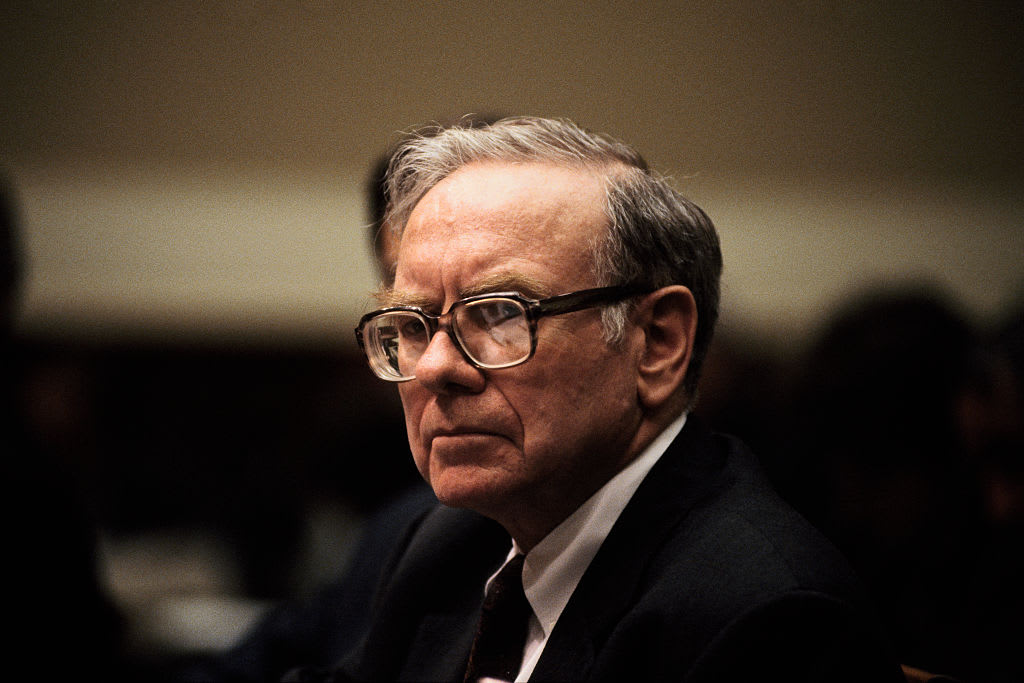Kraft Heinz offers to buy Unilever for $143 billion
NEW YORK - U.S. food giant Kraft Heinz Co. (KHC) confirmed Friday that it has made offered to buy Europe’s Unilever (UL) for $143 billion.
Kraft Heinz said that talks are ongoing with the Dutch company, but that no deal can be assured.
In a statement rebuffing the offer, Unilever said the deal “fundamentally undervalues” the company. “Unilever rejected the proposal as it sees no merit, either financial or strategic, for Unilever’s shareholders. Unilever does not see the basis for any further discussions.”
Kraft Heinz’s offer values Unilever shares at $49.61, an 18 percent premium to the stock price on February 16 before the deal was disclosed.
The shares of both companies are up sharply before the opening bell. Unilever has a market capitalization of nearly $127 billion, while Kraft Heinz is valued at $107 billion.
A deal would unite two of the world’s biggest suppliers of food, while Unilever is also a major provider of personal care products. Kraft Heinz’s brands include Oscar Mayer, Velveeta, Planters, Jell-O and Maxell House.
Unilever makes Dove soap, Lipton tea and Ben & Jerry’s ice cream, among its more than 400 brands.
Kraft Heinz is itself the result of a recent buyout.
Two years ago, H.J. Heinz Co., owned by Warren Buffett’s Berkshire Hathaway (BRK.A) and Brazilian investment firm 3G Capital, announced a $45 billion takeover of Kraft Foods.
Companies like Kraft Heinz and Unilever are trying to catch up to rapidly changing consumer tastes as more people steer clear of processed foods. They are changing up the foods they offer and cutting costs.
“The U.S. packaged food industry is undergoing disruptive change: decelerating sales growth, changing food preferences and increased shareholder activism is driving a new era of industry challenges,” UBS analysts said in a recent research note.
Those changes are driving industry consolidation. For example, Mondelez (MDLZ), which makes Oreo and Chips Ahoy, failed in a bit to take over Hershey.
For Kraft Heinz, buying London-based Unilever would expand its global presence. Kraft Heinz gets 79 percent of its revenue from North America, 9 percent from Europe and 12 percent from the rest of the world, according to UBS.
By contrast, a growing percentage of Unilever’s business is in developing countries such as Brazil, India and Indonesia. The company has also sought to grow its U.S. business with targeted acquisitions, such as a 2016 deal to buy Dollar Shave Club for $1 billion.
Bernardo Hees, CEO of Kraft Heinz and a 3G partner, has made job cuts and is pursuing other savings, some of them granular. In a memo sent to employees in the summer of 2015, Hees reminded them to print on both sides of the paper, reuse office supplies like binders and to turn off computers before leaving the office to cut down on energy costs.
The company also stopped stocking the corporate office with free Kraft snacks.
Coca-Cola Co., General Mills Inc., Kellogg Co. and PepsiCo Inc., under pressure from Wall Street, have all slashed costs and are trying to find products that suit the fickle and shifting preferences of customers.
They’ve done that through an array of acquisitions of smaller, faster growing brands. Campbell Soup is trying to shed its canned-food image. It bought juice and bagged carrots maker Bolthouse. General Mills now owns Annie’s, Hormel owns Applegate meats and Justin’s nut butters, and Dr. Pepper recently bought Bai Brands, a maker of drinks sold as rich in antioxidants. But megadeals are harder to pull off.



